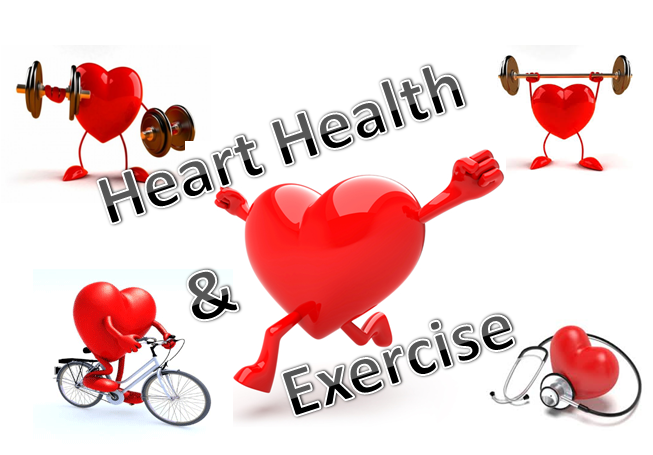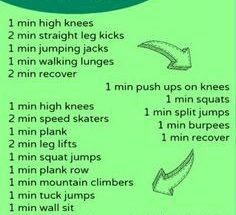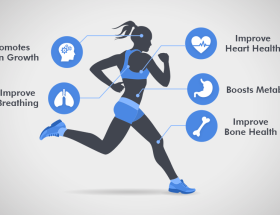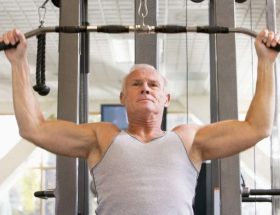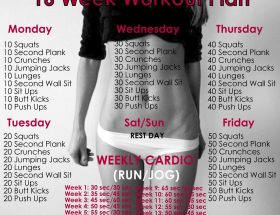Cardiovascular fitness, also known as cardiorespiratory endurance, refers to the ability of the heart, lungs, and blood vessels to supply oxygenated blood to the working muscles during sustained physical activity. It is an essential component of overall fitness and plays a crucial role in maintaining a healthy heart.
Importance of Cardiovascular Fitness
Having good cardiovascular fitness is vital for maintaining a healthy heart and reducing the risk of cardiovascular diseases such as heart attack, stroke, and high blood pressure. Regular cardiovascular exercise strengthens the heart muscle, improves blood circulation, and helps in maintaining optimal cholesterol levels.
How to Improve Cardiovascular Fitness
There are several ways to improve cardiovascular fitness:
1. Aerobic Exercises
Aerobic exercises are activities that increase your heart rate and breathing for an extended period. Common examples include jogging, swimming, cycling, and dancing. Aim for at least 150 minutes of moderate-intensity aerobic activity or 75 minutes of vigorous-intensity aerobic activity per week. Make sure to start slowly and gradually increase the intensity and duration of your workouts.
2. High-Intensity Interval Training (HIIT)
HIIT involves short bursts of intense exercise followed by short recovery periods. This type of training can be highly effective in improving cardiovascular fitness as it challenges your heart and lungs to work harder. Incorporate HIIT workouts into your routine, combining exercises like sprints, burpees, and jump squats.
3. Strength Training
While cardiovascular exercises primarily focus on improving heart health, incorporating strength training in your routine can also contribute to better cardiovascular fitness. Strength training exercises such as weightlifting and bodyweight exercises help build muscle mass, which in turn can improve overall endurance and cardiovascular performance.
4. Sports and Outdoor Activities
Engaging in sports and outdoor activities not only adds variety to your fitness routine but also helps improve cardiovascular fitness. Sports such as tennis, soccer, basketball, and hiking require continuous movement and can significantly contribute to cardiovascular health.
5. Maintain a Healthy Diet
Proper nutrition plays a crucial role in cardiovascular health. Ensure your diet is rich in fruits, vegetables, whole grains, lean proteins, and healthy fats. Limit foods high in saturated and trans fats, sodium, and added sugars, as they can negatively impact heart health.
6. Monitor Heart Rate
Tracking your heart rate during exercise is an excellent way to monitor the intensity of your workouts and ensure you are within the desired range. Invest in a heart rate monitor or use wearable fitness devices that offer heart rate monitoring functionality.
7. Follow a Well-Structured Workout Plan
A well-structured workout plan that incorporates a combination of aerobic exercises, strength training, and rest days is essential for improving cardiovascular fitness. Consult with a fitness professional to create a personalized plan based on your goals, fitness level, and any specific health considerations.
Conclusion
Cardiovascular fitness plays a vital role in maintaining a healthy heart and reducing the risk of cardiovascular diseases. Incorporate regular aerobic exercises, HIIT, strength training, outdoor activities, and a healthy diet to improve cardiovascular fitness and overall heart health. Remember to monitor your heart rate and follow a well-structured workout plan to maximize your results. Start prioritizing your cardiovascular fitness today and reap the long-term benefits!
